What to Look for in the New Stimulus Packages
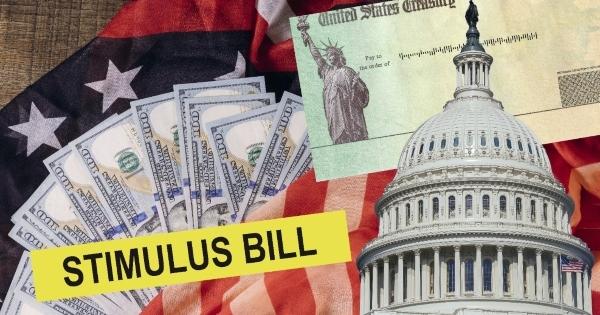
By Gary Thill, International Roofing Expo.
A closer look at what’s being proposed in D.C. and how it could impact the roofing industry.
Proposals from Democrats and Republicans on future stimulus funding are currently being debated in Congress. These proposals range from $1 trillion to $3 trillion and the NRCA as well as other industry lobbyists have been inputting their own ideas for what they hope to see in a future package. Below is a closer look into the conversations taking place in Washington D.C. and the possible impacts these proposed stimulus packages could have on roofers.
What’s being proposed:
The HEALS Act is a $1 trillion Senate coronavirus relief bill introduced in response to the $3 trillion House HEROES Act passed by House Democrats in May. Both parties are now negotiating a final bill.
How the proposals differ:
Here’s how they compare on areas of concern to roofers, based on information from the New York Times:
Unemployment benefits
Republican plan: Would reduce the expanded unemployment benefit from the current $600 per week, which expired on July 31, to $200 a week, in addition to state unemployment benefits, and extend the program for two more months. After that, states are to pay employees about 70% of the income they had before they lost their jobs.
Democratic plan: Extends weekly enhanced unemployment payments of $600 through January 2021.
Direct payments
Republican plan: Includes $1,200 per individual; Senate Majority Leader Mitch McConnell promised "even more support for families who care for vulnerable adult dependents."
Democratic plan: $1,200 per family member, up to $6,000 per household.
Liability protection
Republican plan: Includes as one of its core proposals measures to protect businesses and institutions from coronavirus-related lawsuits if they are following government guidelines.
Democratic plan: Does not include anything on this, and Democratic leaders have pushed back against the Republican idea.
Testing, contact tracing and treatment
Republican plan: $16 billion for coronavirus testing; $25 billion for hospitals.
Democratic plan: $75 billion for testing, tracing and isolation measures and to support hospitals and healthcare providers and ensure free access to treatment for individuals.
Paycheck protection program
Democratic plan: Gives small businesses more flexibility with how they use loans from this program (previously they were required to use 75% for payroll expenses, or be forced to pay it back as a loan).
Republican plan: Would allow the hardest-hit smallest employers, whose revenue has declined by 50% or more, to get a second forgivable loan under the program. To qualify, businesses must have 300 or fewer employees.
State and local governments
Democratic plan: Nearly $1 trillion in aid to state, local, territorial and tribal governments to help pay first responders, healthcare workers and teachers.
Republican plan: Does not include new money, but Republicans say they would give state and local leaders more flexibility in spending the $150 billion passed into law in March.
What industry associations are saying:
NRCA is lobbying for refundable tax credits for building improvements.
“NRCA is pleased to hear the next round of government support of the U.S. economy is advancing through Congress,” said NRCA CEO Reid Ribble in a statement. “We are looking forward to an extension of Paycheck Protection Program loans and also direct support to hurting consumers. Anything that can help consumers improve their homes and businesses ultimately is good for the roofing industry. NRCA has recommended to policy makers that they include refundable tax credits for building improvements in the next bill.”
AGC wants more funding for infrastructure improvements.
“The [Republican] measure also takes a more thoughtful approach than the existing federal unemployment insurance benefit by protecting unemployed workers without creating artificial barriers to returning people to good-paying jobs in sectors like construction,” said AGC CEO Stephen E. Sandherr. “And the ambitious workforce development provisions in this measure have the potential to help millions of unemployed prepare for new careers in middle-class professions like construction.” “The measure is not without flaws, however. Most troubling is the virtual lack of funding for new infrastructure improvements.”
For its part, NAHB recently sent a letter to House and Senate leaders urging lawmakers to:
-
Expand eligibility to the Paycheck Protection Program (PPP) so that spec home builders, land developers, multifamily property owners and 501(c)(6) organizations that include state and local home builders associations are eligible to participate in this loan program and to have their loans forgiven.
-
Include emergency rental assistance to families who have significant or full loss of income as a result of the pandemic. Rental assistance funding will not only help tenants affected by the pandemic but also small business multifamily property owners who must continue to pay their mortgage, property taxes, employees and cleaning/maintenance services as well as meet other financial obligations.
-
Establish a permanent minimum 4% credit floor for acquisition and bond-financed projects through the Low-Income Housing Tax Credit.
-
Invest in workforce training programs and career and educational training programs that will help job seekers gain the skills needed for well-paying, in-demand careers in residential construction.
-
Increase aid for state and local governments impacted by the COVID-19 crisis. Without federal aid, critical government services — such as planning approvals, building permits and timely inspections — are at risk of being curtailed or eliminated, resulting in construction delays and increased costs to home buyers.
-
Oppose changes to the Net Operating Loss (NOL) provisions established by the CARES Act.
NAHB also takes a closer look at employer-focused tax changes in the Senate Bill.
Learn more about the IRE in their RoofersCoffeeShop® Directory.
Original article source: IRE
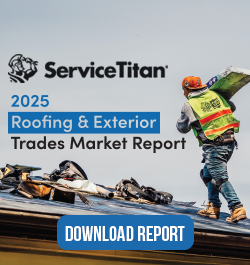












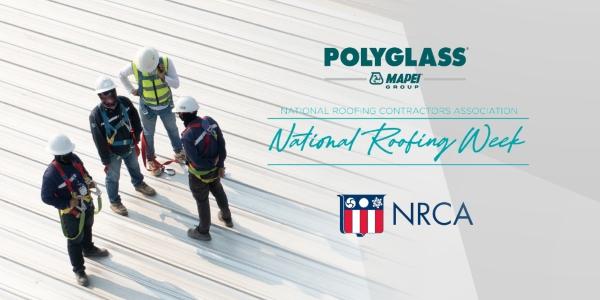
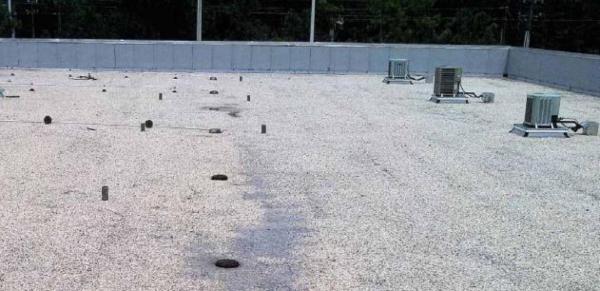
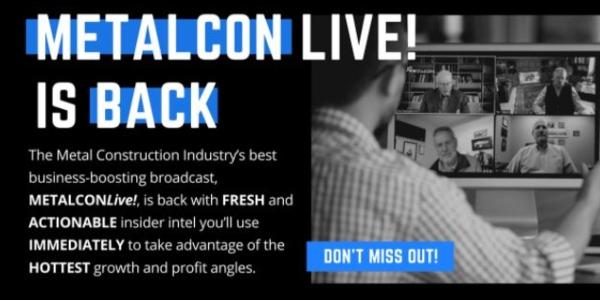







Comments
Leave a Reply
Have an account? Login to leave a comment!
Sign In